New Queer Wave iconoclast Gregg Araki established himself as an unapologetically abrasive director, willing to be as rough and harsh as possible when it came to approaching subjects of queerness, HIV/AIDS, and dysfunctional relationship. But with his 2004 film Mysterious Skin, he took a step back and presented the most sensitive and carefully crafted of queer stories. With its examination of trauma, sexuality, and self-actualization, Araki’s film is a must for teenagers, both in its emotional heft as well as its daringness.
1. Gregg Araki Gateway Drug
There are some filmmakers that confront issues of sexuality in such dynamic and forthright ways that they are perfect to awaken interest in impressionable but often apathetic minds. Gregg Araki, queer cinema maverick, has a long list of great films, but Mysterious Skin is one of the most polished and the most effective. Once the impact of the film and its content torpedoes the hegemonic media right out of the minds of people in their formative years, they can then explore the much less mainstream and far less traditionally structured works of Araki. Particularly the following films – The Living End (1992) and the“Teen Apocalypse Trilogy”: Totally Fucked Up (1993), The Doom Generation (1995) and Nowhere (1997).
2. OH MY GOD IS THAT THE KID FROM 3RD ROCK!?!?
Now unfortunately, in 2015, this unbelievable revelation is no longer possible (largely thanks to Joseph Gordon-Levitt’s incredible career since his spectacular turn in Mysterious Skin and Brick, respectively). Nonetheless it’s important to contextualise that the once adorable kid from 3rd Rock from the Sun and 10 Things I Hate About You chose to differentiate himself from the pack by seeking out Araki and a film that required him to play a young homosexual man so numbed by childhood trauma that he turns to prostitution. He’s an admired and ‘cool’ outsider character that’s outwardly gay and regardless of the trauma that’s influencing his life, he is never really helpless (despite one notable scene). Casting really is 90% of a director’s job.
3. Initiation
Mysterious Skin ultimately takes two tangents with the sexual abuse victims. Firstly is Neil (Gordon-Levitt), a young man that’s identified as gay from very early on in the film (played incredibly at aged eight by Chase Ellison). The heinousness of his abuse isn’t as apparent as Brian (Brady Corbet or George Webster at eight years of age) because he thinks that his baseball coach is initiating him into his sexuality. It’s an insanely awful presumption from a totally ill-equipped mind to handle such a decision, which ultimately ripples through his life. It implores you to question adults, they do not always have your best interests in mind.
4. Alien Abduction aka Post-Traumatic Stress
On the other hand the equally deplorable abuse of Brian results in his young mind intentionally omitting the reality of the situation and instead replacing it with a fantasy of alien abduction. It forces the audience and the character to face the power of the machinations of the mind to protect itself with omission. Post traumatic stress symptoms, involve things like “recurring flashbacks” and “numbing of memories of the event” and so something as like abduction fantasy may ultimately be guising something vastly more sinister.
5. Not So Silent Night
The poetic final scene where the boys confront the reality of their shared ordeal in the (now empty) house of their former baseball coach; a group of carollers stand outside the house singing ‘Silent Night.’ It’s Araki condemning the silence, and compelling these youth into communicating their ordeal. In the world of Mysterious Skin there seems to be no parental figures guiding and listening these young men yearning to be heard.

















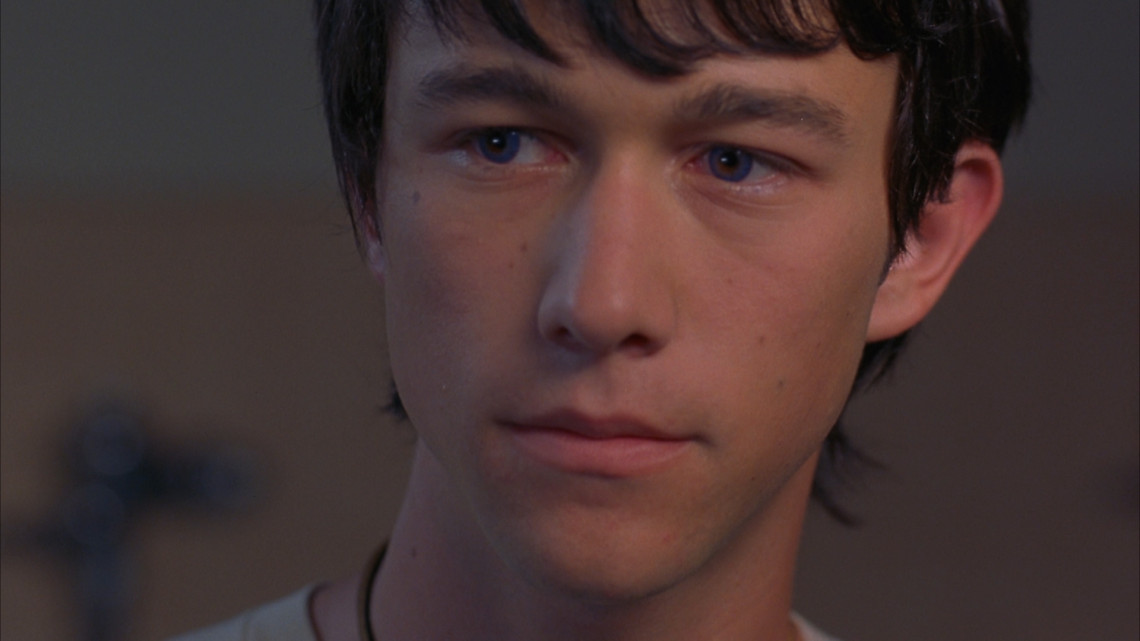
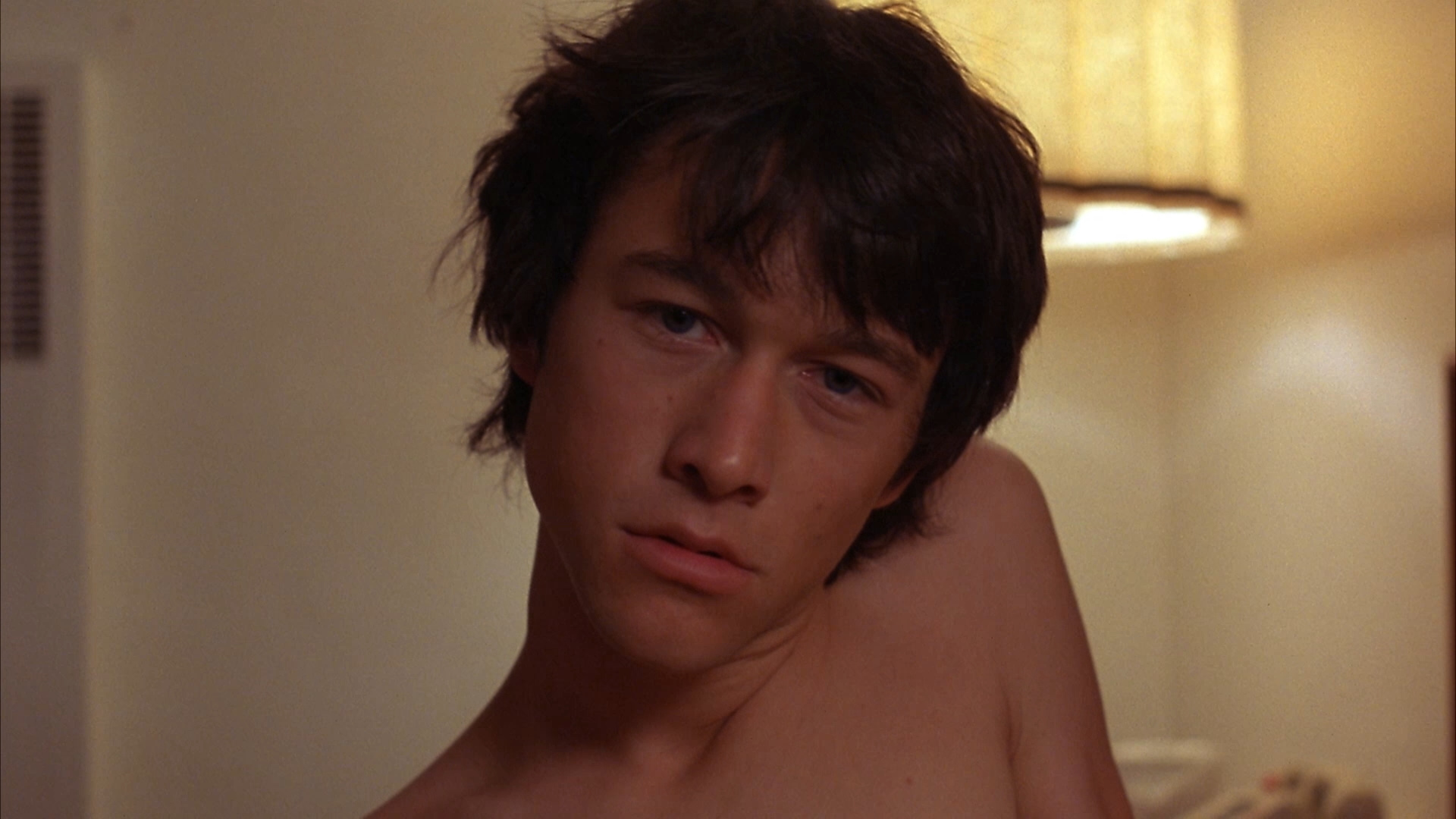

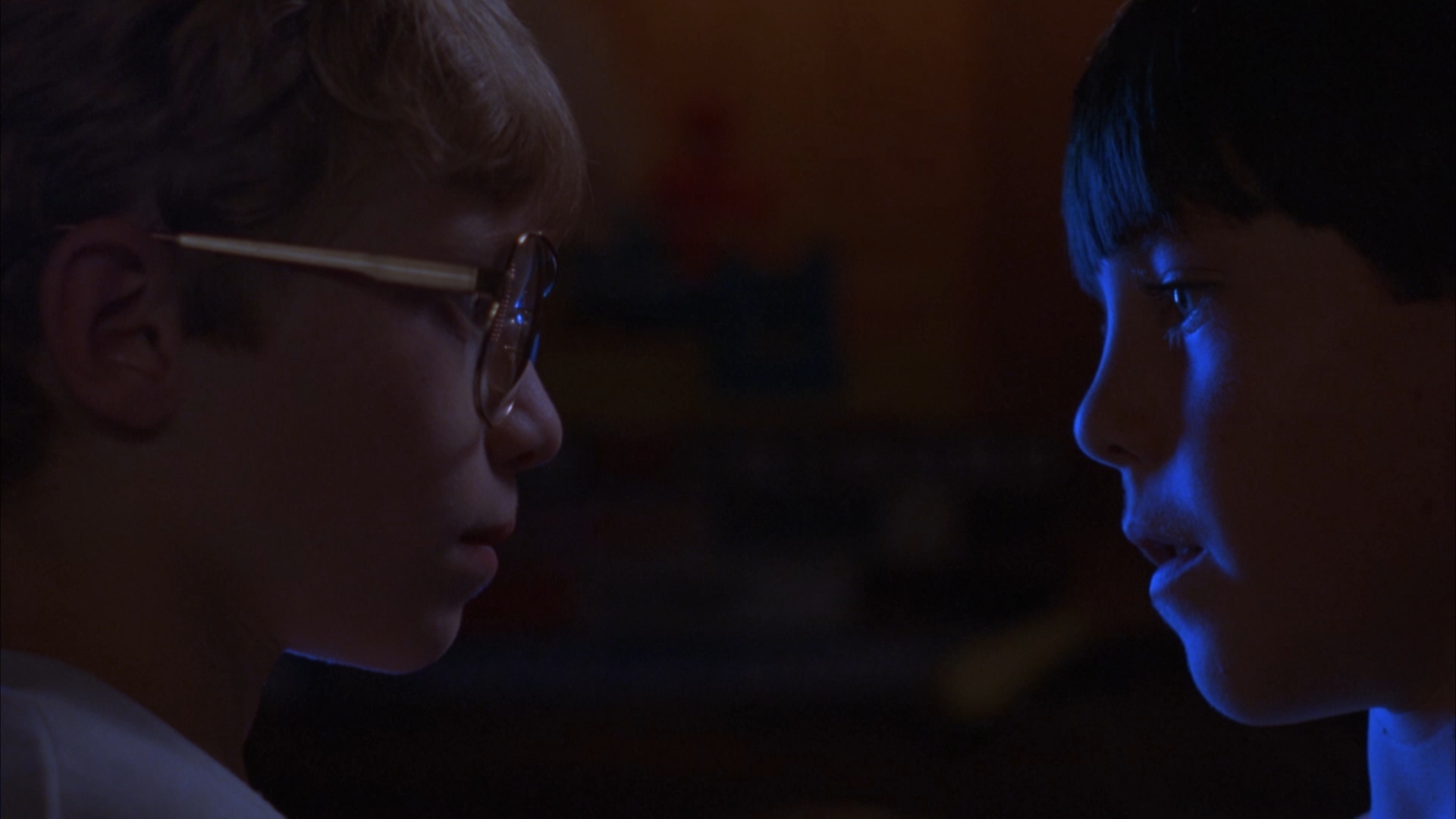
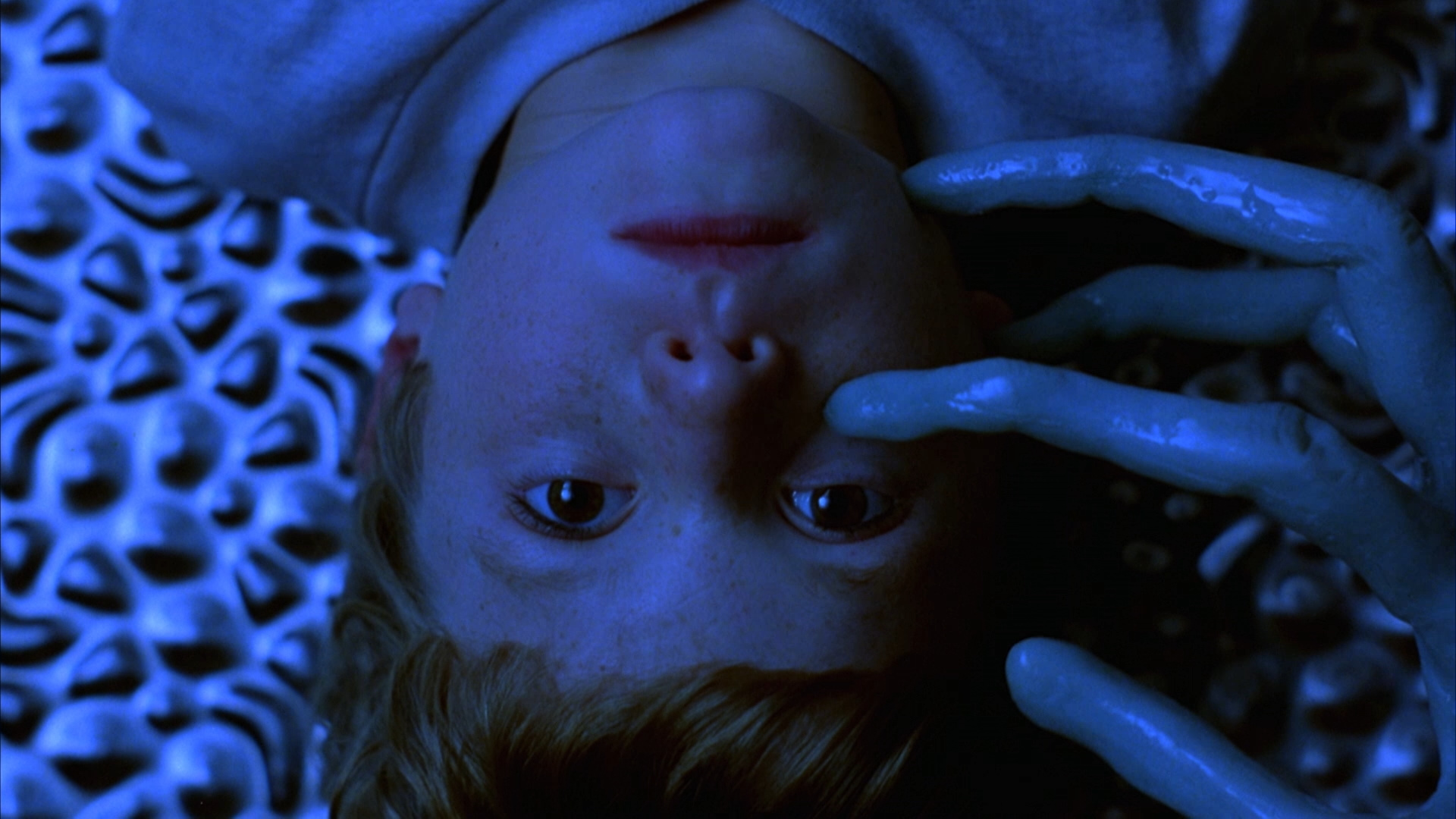

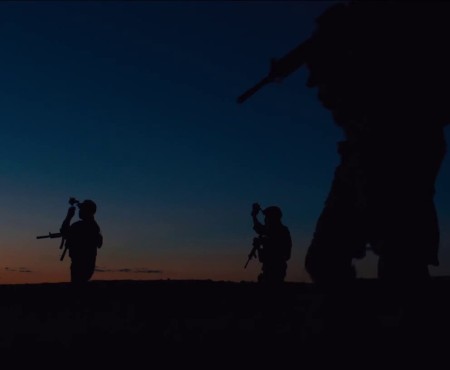

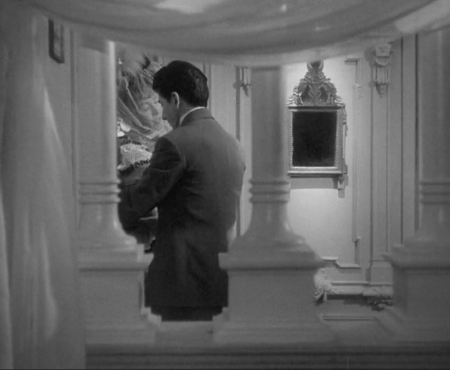
One thought on “Under the Skin: 5 Reasons Why “Mysterious Skin” Should Be Required Teen Viewing”
For me, this is Araki’s best film as I saw it as the culmination of everything he was doing before that and refining it into this.